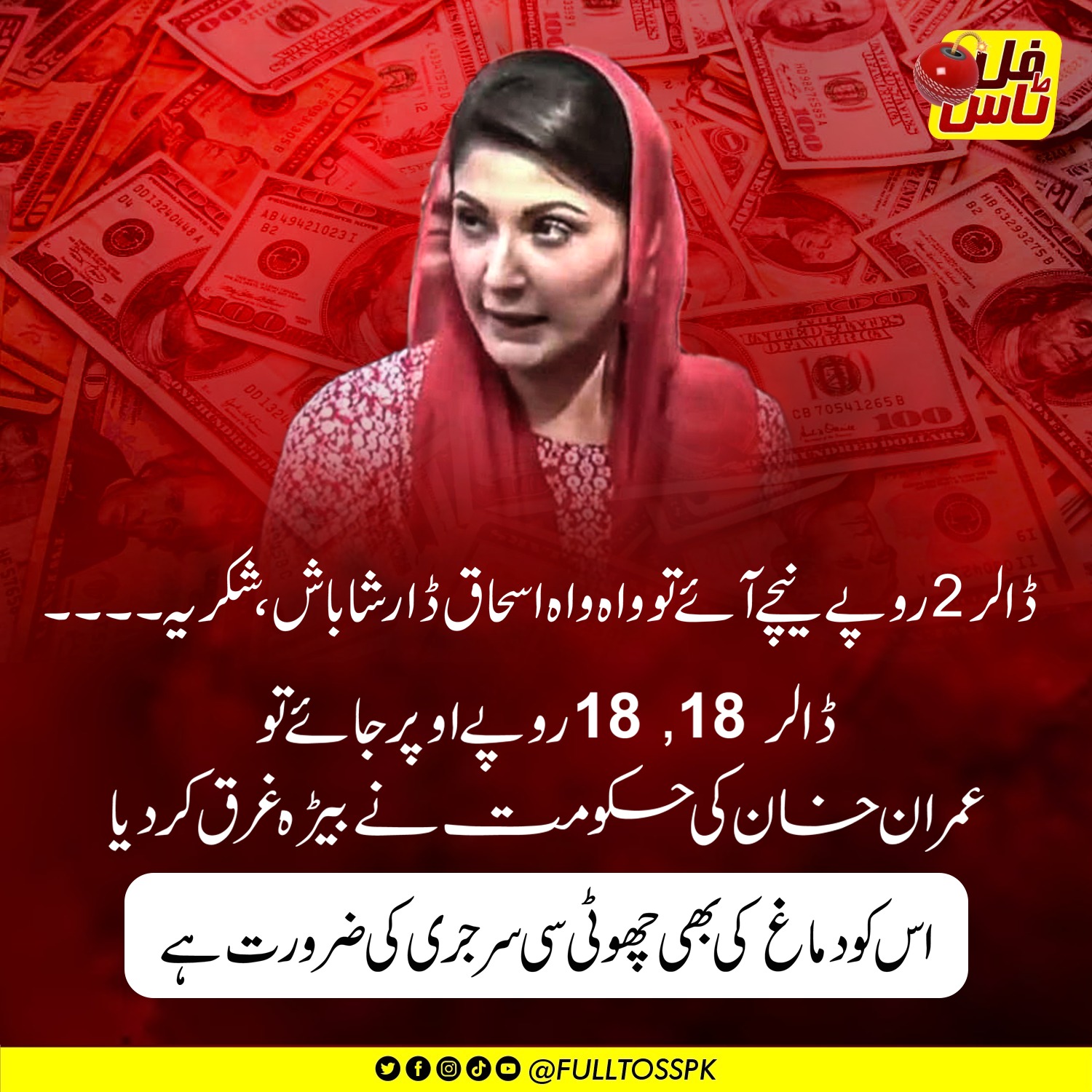HAIDER
ELITE MEMBER

- Joined
- May 21, 2006
- Messages
- 33,771
- Reaction score
- 14
- Country
- Location
--------------------------------------------------------------------------------------------------------------------------------------------
The fudging of figures is making news again. Fudging occurs when there is pressure to perform. A bureaucrat nearing retirement and eyeing an important post-retirement assignment wanted results, which were duly produced. Neither the finance minister nor the political leadership seem to have anything to do with it. The pressure to perform becomes acute when an illegitimate political set-up seeks legitimacy by way of improved economic performance. Fudging began in late 1999 in the Federal Board of Revenue (then the Central Board of Revenue) when the IMF pointed towards discrepancies in the fiscal accounts. The coup-makers, who had just seized power, were quick to blame it on the ousted government of Nawaz Sharif, in particular its finance minister Ishaq Dar. Ironically, key finance bureaucrats before and after the discovery of fudging remained the same. The newly-imported finance minister, Shaukat Aziz, was too eager to pay the penalty to the IMF and bill himself as the country’s maiden Mr Clean. There is no evidence that Mr Dar personally supervised or ordered any creative accounting. The discrepancies were the result of bureaucratic incompetence and lack of professionalism.
It is no surprise that Mr Clean, first as finance minister and then prime minister, presided over a most elaborate fudging operation. With an IMF programme under operation, budgetary data was not touched. As the IMF now wanted the State Bank to verify the tax collection figures, the data produced by the State Bank itself was also left alone. Specially targeted was the Federal Bureau of Statistics (FBS), a marginalised attached department of the ministry of finance. Thus, figures of poverty, growth, prices and employment were all micromanaged through phone calls by the then economic adviser and by creating obstacles in the career progression of those not falling in line. For almost the entire period of the rule, the post of the director-general of the FBS was kept vacant. Instead of appointing full-time secretaries of the statistics division, the mantle was assigned to additional secretaries in charge who had no shame in acting as director-general of the FBS, a junior position. In effect, the then economic adviser ran the organisation with direct access to Mr Clean, who kept the finance portfolio with him even after becoming prime minister. Publication of the Economic Survey on the day before the budget used to be a routine exercise managed by low-key economic advisers. As finance minister, Mr Clean took it upon himself to announce progress on key indicators in televised press conferences. Even as prime minister, he ordered the Annual Plan Coordination Committee to avoid a discussion on the economy and chose to announce the 2004-05 growth rate himself. The number was way above the one indicated in the working papers and the highest in the country’s history. In 2006-07, the fiscal year before the elections that former president Pervez Musharraf wanted won at all cost, Mr Clean announced a bumper wheat crop — calculated by his economic adviser against all sane advice — to show that the targeted GDP growth rate of seven per cent had been achieved.
When the FBS data indicated a poverty ratio of 32.1 per cent for 2001, the ‘Clean Team’ ordered an illegitimate recall survey to contest it. Nothing much came out of it. The next survey for 2005 was, however, targeted with a lot of preparation. ‘Midnight Jackals’ attacked the computer centre of the FBS. Poverty has been falling ever since. Mr Clean’s gift of the gab and killer PR skills acquired as a private banker were employed to maximum effect. As a smokescreen, a draft law kept doing the rounds to make the FBS autonomous. Exactly what happened can only be unearthed by a commission of inquiry, not standard verification exercises by the World Bank or individuals. This is not unusual. The Indian Supreme Court has recently questioned the government’s poverty data.
Published in The Express Tribune, July 29th, 2011.







